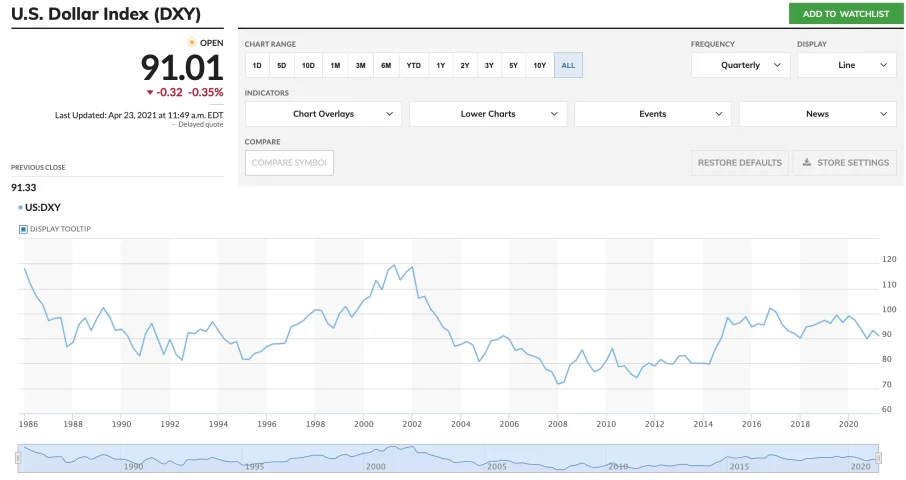Hello everyone,
I have an online business with an Hungary resident Company.
I pay corporate HU tax (9%) and PIT 15% (Personal income Tax) in Hungary.
For someone paying a combine 25% of taxes on hard earned money can be too much but I preferred the "Safer than sorry approach",
since Hungary it´s not too greedy on taxes I pay them in full and sleep well at night.
My question so is "where to keep safe earned money?"
At the moment the assets (7 figures) are split between:
Brick and mortar bank accounts,
WISE (formerly TransferWise),
Paypal,
Precious Metals
Cash
Since the bank accounts are becoming too fat, and I do not want to open another traditional bank account, where do you suggest to keep them?
What is your opinion??
Thank you
I have an online business with an Hungary resident Company.
I pay corporate HU tax (9%) and PIT 15% (Personal income Tax) in Hungary.
For someone paying a combine 25% of taxes on hard earned money can be too much but I preferred the "Safer than sorry approach",
since Hungary it´s not too greedy on taxes I pay them in full and sleep well at night.
My question so is "where to keep safe earned money?"
At the moment the assets (7 figures) are split between:
Brick and mortar bank accounts,
WISE (formerly TransferWise),
Paypal,
Precious Metals
Cash
Since the bank accounts are becoming too fat, and I do not want to open another traditional bank account, where do you suggest to keep them?
What is your opinion??
Thank you


